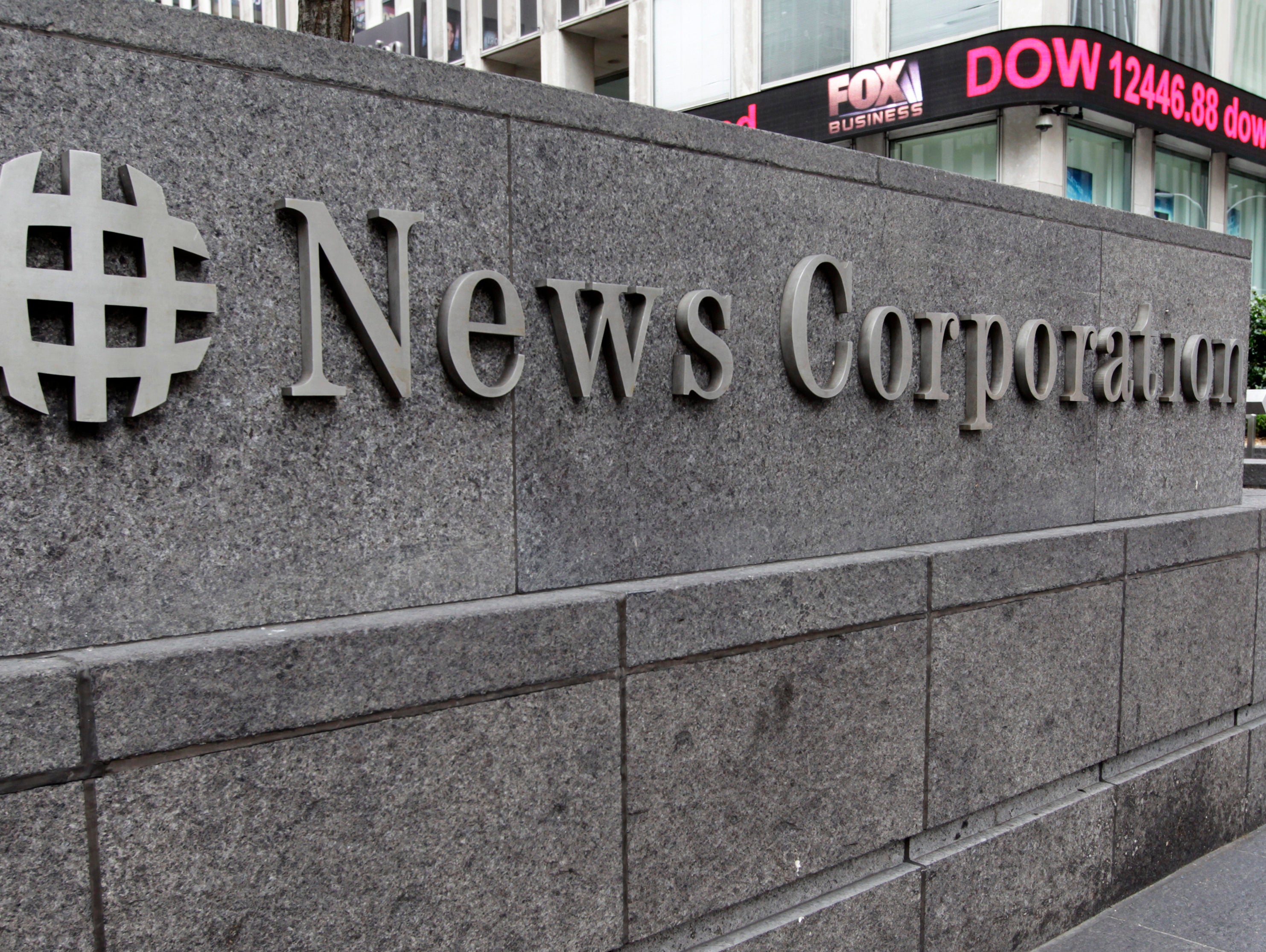
Marketers for an Open Web legal adviser Tim Cowen condemns ‘sweetheart’ deal between News Corp and Google.
While Facebook was blocking news in Australia, Google did a global deal with News Corp, thereby saving journalism worldwide, right?
During the pandemic, people have been buying ever fewer newspapers, and advertising has been slashed. Local newspapers and regional journals are the hardest hit. That comes on top of years of news online replacing news in print. Since 2005, in the UK, at least 265 local newspaper outlets have gone.
Newspapers are funded by advertising, and advertising online allows those that understand our needs and desires to deliver higher returns for advertisers. News groups have adapted and via third-party cookies use our data to serve us adverts for things that we might then be interested in.
From 2012, when UK digital advertising was worth around £5bn, it has grown to about £14.5bn in 2020, according to Group M. Total UK advertising spend last year was reckoned to be £21bn in the same report.
According to the CMA Google and Facebook control 80% of digital advertising in the UK, taking in combined revenue of £11.6bn. That gives them 55% of all advertising.
A huge conflict of interest has developed as these platforms compete with publishers for ad spend. So, if Google blocks third party cookies as it is proposing, publishers’ advertising revenues may fall by 70% due to the loss of audience data. News publishers and their journalism are staring down the barrel of a gun.
Google is offering them a way to avoid that fate – if they join its “News Showcase” service.
When each of us sits down at our computers, or picks up a mobile, or laptop or anything else to look at the internet, those that control the software our devices rely on are in charge. Everything leads to Google.
The corporation controls online search, through Google Search. It has 90+ % of the search market pretty much everywhere apart from China and Russia.
It gives away Android for free – on condition that Android is bundled with Google Search.
It has a deal with Apple – so that Google’s search bar is on the iPhone.
Google has a deal with Microsoft – so the Edge browser is now running the same browser engine as Google’s Chrome.
When anyone picks up a device, Google is likely to know what we are looking for.
It sells ads based on that information.
Turnover of Google parent company Alphabet is approaching $60 billion per quarter, or $5 billion per week – making it the biggest media company in the world. It’s a massively successful business model. But that is not enough, and if increasing revenues means eliminating competitors, so be it.
A consortium of publishing, advertising and ad tech businesses called Marketers for an Open Web has submitted to the CMA that a Google plan to change their browser settings and phase out third party cookies is really designed to undermine publishers’ ability to earn revenue from adverts on their own websites. They called for interim measures, to protect the public interest and the plurality of media by halting the roll-out of Google’s changes.
John Penrose MP’s report, published this month with help from the Treasury and Department for Business Innovation and Skills, indicates strong political support for quick action. The CMA’s own report into online platforms and digital advertising last year also called for speed. The House of Lords report on the future of journalism is also supportive of CMA action.
Now Google and News Corp have announced a global tie-up. News Corp has capitulated in the face of Google’s threats; it’s effectively done a sweetheart deal to become an app on the Google platform. The deal is testament to Google’s power. It also appears that Rupert Murdoch’s company has gained favourable terms and stolen a march on the competition.
The fact the deal has been struck in anticipation of the Australian government’s efforts to get platforms such as Google to pay for news content is a cause for extra concern. It suggests that both parties are seeking to avoid the level playing field that legislation will introduce.
Here, the stakes could not be higher.
In the words of, ironically, News UK in its 2020 submission to the House of Lords: “Journalism is often cited as the ‘first draft of history’. It seeks to report what, when and why something happened. This is vital for the wider public to understand the society they live in and the behaviour of fellow citizens, as well as the wider world around them. Journalism is integral to the functioning of a liberal democracy… Journalism shines a light on wrong-doing and acts as an essential check on the behaviour of individuals in positions in power. As such journalism holds the powerful to account.”
Okay, but how will it now hold Google to account?
Newspapers are closing, journalism is suffering. The CMA should take action, now.
Tim Cowen is Chair of the Antitrust Practice at Preiskel & Co LLP and advisor to Marketers for an Open Web
Email pged@pressgazette.co.uk to point out mistakes, provide story tips or send in a letter for publication on our "Letters Page" blog
